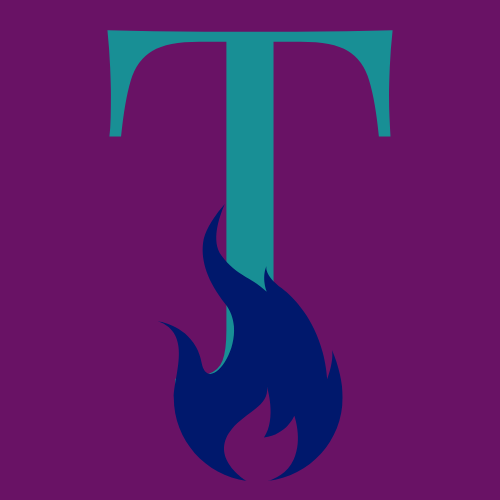Learning x Talent Acquisition: How L&D Can Be a Strategic Power Partner in Hiring
Cheryl Haga - April 27, 2025
Let’s bust a myth real quick: Talent Acquisition (TA) and Learning & Development (L&D) aren’t two separate lanes. In today’s talent-driven market, they’re in the same car, driving toward one big destination—business success.
When L&D and TA work together from the very start of the talent lifecycle, magic happens: stronger hires, faster ramp-up, better retention, and a pipeline built not just for roles, but for readiness.
So, how can L&D become a strategic partner in hiring? Let’s dig in—and yep, we’re getting into action steps.
Why L&D Needs a Seat at the Recruiting Table
L&D isn’t just about training people after they’re hired—it’s about shaping what success looks like before the first résumé even hits the inbox.
Here’s how we can flip the script:
We define what “ready” means. Training data tells us which skills drive success—and which ones can be taught.
We help build realistic job profiles. By knowing what can be developed in-role, we can ease hiring pressures and expand candidate pools.
We shape onboarding and ramp strategies. When TA can promise a killer development path? Candidates say yes faster.
In short: L&D can de-risk hiring while improving speed, quality, and equity. Boom.
5 Ways to Become a Strategic Partner to Your TA Team
Let’s turn that vision into action. Here’s how to start today:
Bring Learning Data to Job Design Conversations
Before a role is posted, partner with TA and hiring managers to review:
Top-performer skills and traits
Which competencies are teachable (vs. must-have)
Training time and tools available for ramp-up
Pro move: Create a “skills heat map” from your learning platform to show gaps that could be filled internally or via onboarding.
Build Competency-Based Hiring Tools
L&D can help TA teams create:
Behavioral interview guides tied to your learning framework
Skills assessments aligned to real-world performance
Case studies or simulation exercises (yep—like the ones we use in training!)
This keeps hiring consistent, equitable, and focused on potential, not just pedigree.
Showcase Learning as a Hiring Differentiator
Today’s candidates want growth. Collaborate with TA to highlight your org’s L&D offerings in:
Job descriptions (“We invest in you from Day 1”)
Career site content (spotlight real employee development stories)
Interviewer talking points (especially for early-career or pivoting pros)
When learning is visible before hiring, it becomes a reason people say yes.
Align Onboarding to Role Expectations
Help TA transition new hires into learning journeys that start with purpose:
Map onboarding directly to key performance goals
Introduce development plans early (first 30/60/90 days)
Train hiring managers to coach with learning in mind
Consistency from offer letter to onboarding = faster ramp and happier hires.
Join Regular Talent Strategy Reviews
Get in the room where it happens. Be part of:
Quarterly talent reviews
Workforce planning discussions
Diversity hiring strategy meetings
Bring insights on skill trends, internal mobility, and learning ROI. When you speak in terms of business impact, you get invited back.
L&D Is Talent Acquisition’s Secret Weapon
We aren’t just the folks who build slide decks and LMS courses—we’re partners in shaping the entire talent journey. From defining the role to developing the rockstars who fill it, Learning & Development is core to getting the right people, in the right roles, at the right time.
So next time a TA lead says, “We need to hire for this role, fast!” you can smile and say:
“Let’s build it together—from the inside out.”
Want to start partnering with your TA team today? Set up a 30-minute sync with your recruiting counterpart. Bring one insight from your learning data and ask, “Where can we make hiring smarter, together?”

